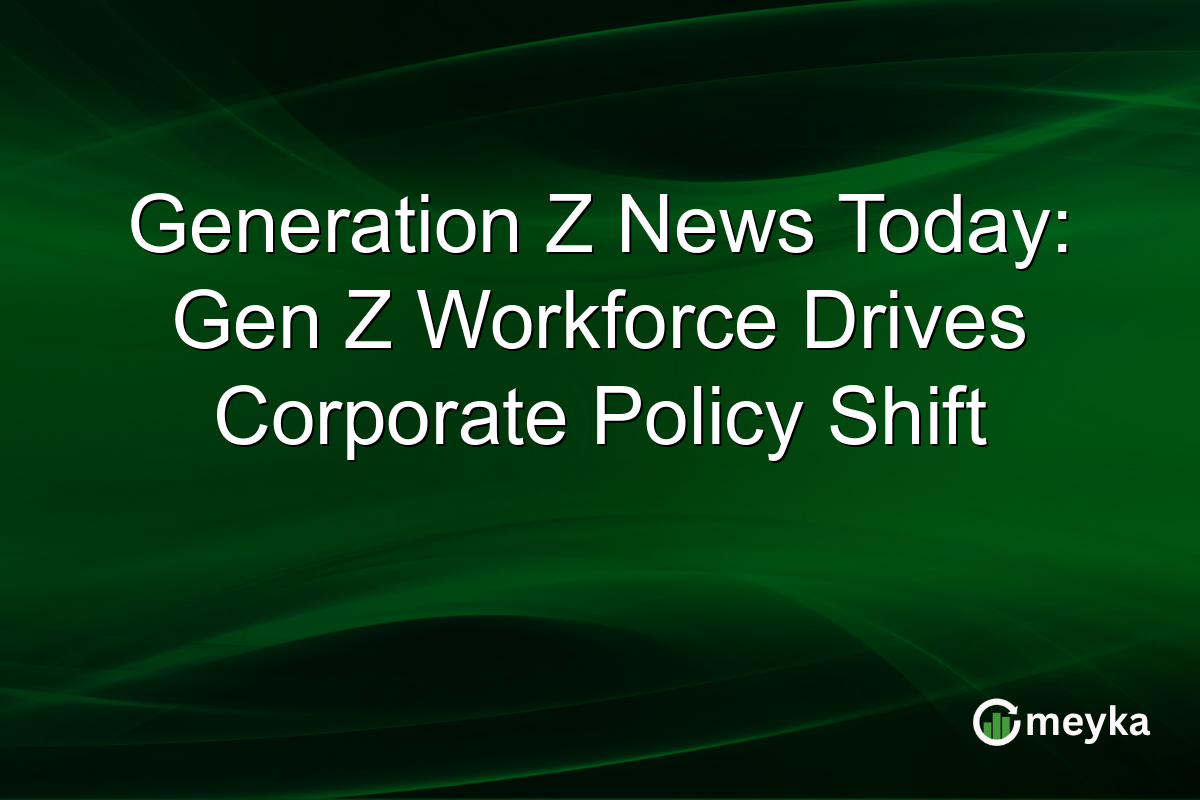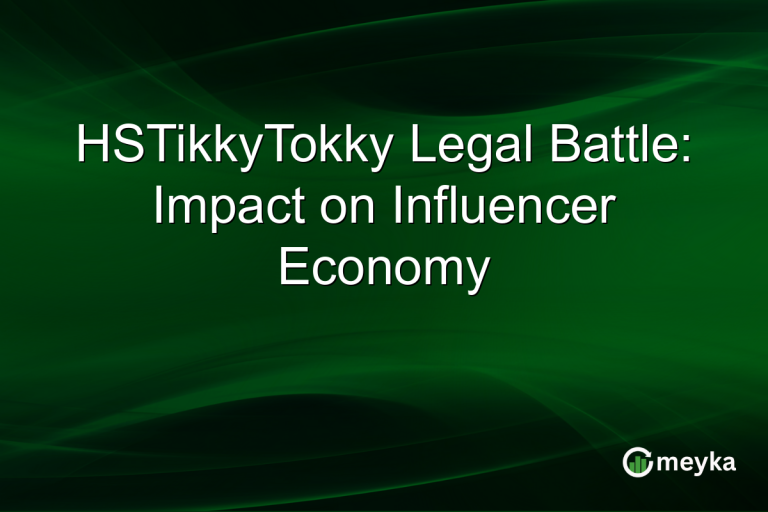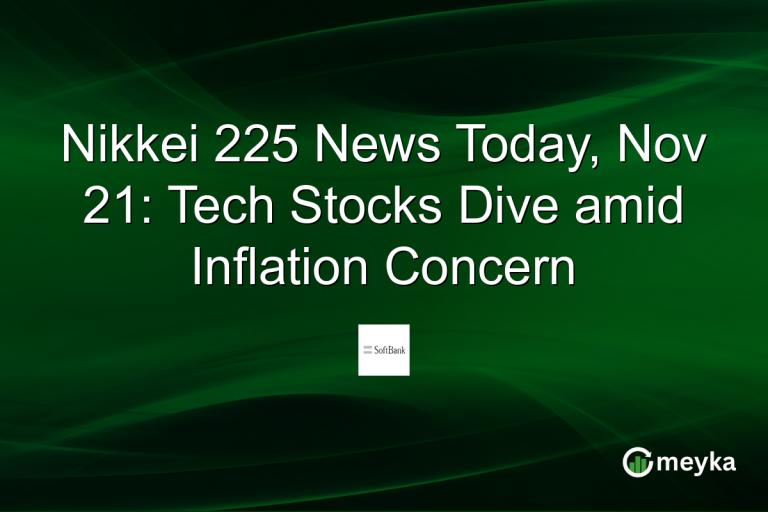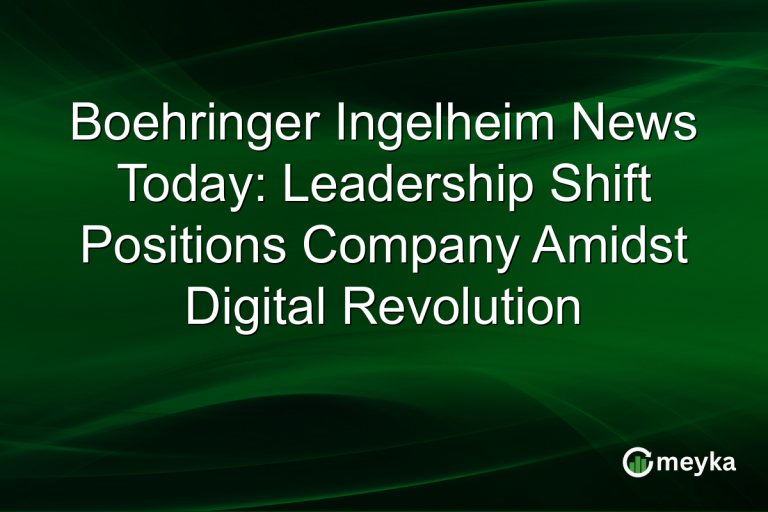Generation Z News Today: Gen Z Workforce Drives Corporate Policy Shift
Generation Z, characterized by their digital fluency and social consciousness, is gaining significant influence in the workforce. In Germany, companies are noticing a marked shift in corporate policies tailored to attract and retain this young talent. With their growing presence, Gen Z is driving changes in flexible work options, diversity initiatives, and adherence to ESG (Environmental, Social, and Governance) commitments. Understanding these generation Z workforce trends is crucial for businesses aiming to thrive in today’s competitive labor market.
The Rise of Gen Z in Business
Generation Z is not just entering the workforce; they are transforming it. These young employees, born between 1997 and 2012, are bringing new expectations and demands to companies. In Germany, businesses are adapting by introducing policies that reflect values important to Gen Z. Statistics indicate a significant increase in Gen Z workforce participation, with a focus on diversity and inclusivity.
Recent data from a Reuters report highlights how German companies are evolving their structures to accommodate these emerging professionals. This shows a clear link between Gen Z’s values and the resulting shifts in business operations.
Corporate ESG Initiatives and Gen Z
Corporate ESG initiatives are becoming central to business strategies, mainly due to pressure from Gen Z employees. This generation prioritizes environmental sustainability and ethical governance, pushing companies to commit to substantial ESG frameworks. According to CNBC, European firms are among the leaders in integrating these practices.
Through these efforts, businesses aim to align corporate goals with the values of a socially responsible workforce. ESG has become a key consideration not only for attracting Gen Z talent but also for boosting the company’s market image and long-term sustainability.
Flexible Work as a New Standard
Flexibility in the workplace is no longer a perk but a necessity driven by the Gen Z workforce. Remote work, dynamic schedules, and flexible benefits have become critical in attracting young professionals. German companies are rapidly adopting such measures to remain competitive. Various studies reflect that flexibility directly impacts job satisfaction and retention rates within this generation.
As Bloomberg reports, firms that embrace flexible work policies see improved performance and employee engagement. This move is vital for companies seeking to harness the full potential of their Gen Z employees.
Final Thoughts
In conclusion, the influence of the Generation Z workforce on corporate policy is both profound and ongoing. As young professionals continue to enter and shape the labor market, companies must remain agile and responsive. By embracing flexible work arrangements, prioritizing diversity, and committing to ESG practices, businesses can attract and retain Gen Z talent effectively.
The future of work in Germany, and globally, will increasingly depend on how well companies adapt to these shifting dynamics. For companies, the actionable takeaway is clear: aligning corporate policies with the values and expectations of Gen Z is not optional—it’s essential for growth and sustainability in a rapidly evolving market.
FAQs
Gen Z workers emphasize flexibility, diversity, and ESG practices. They seek remote work options, inclusive work environments, and corporate ethics aligned with their social values.
Generation Z prioritizes sustainability and ethics, prompting companies to adopt stronger ESG commitments. These initiatives help attract and retain young talent concerned with corporate responsibility.
Flexible work is crucial for Gen Z as it aligns with their lifestyle and values. This demographic values work-life balance and sees flexibility as a standard expectation rather than a benefit.
Disclaimer:
This is for information only, not financial advice. Always do your research.






